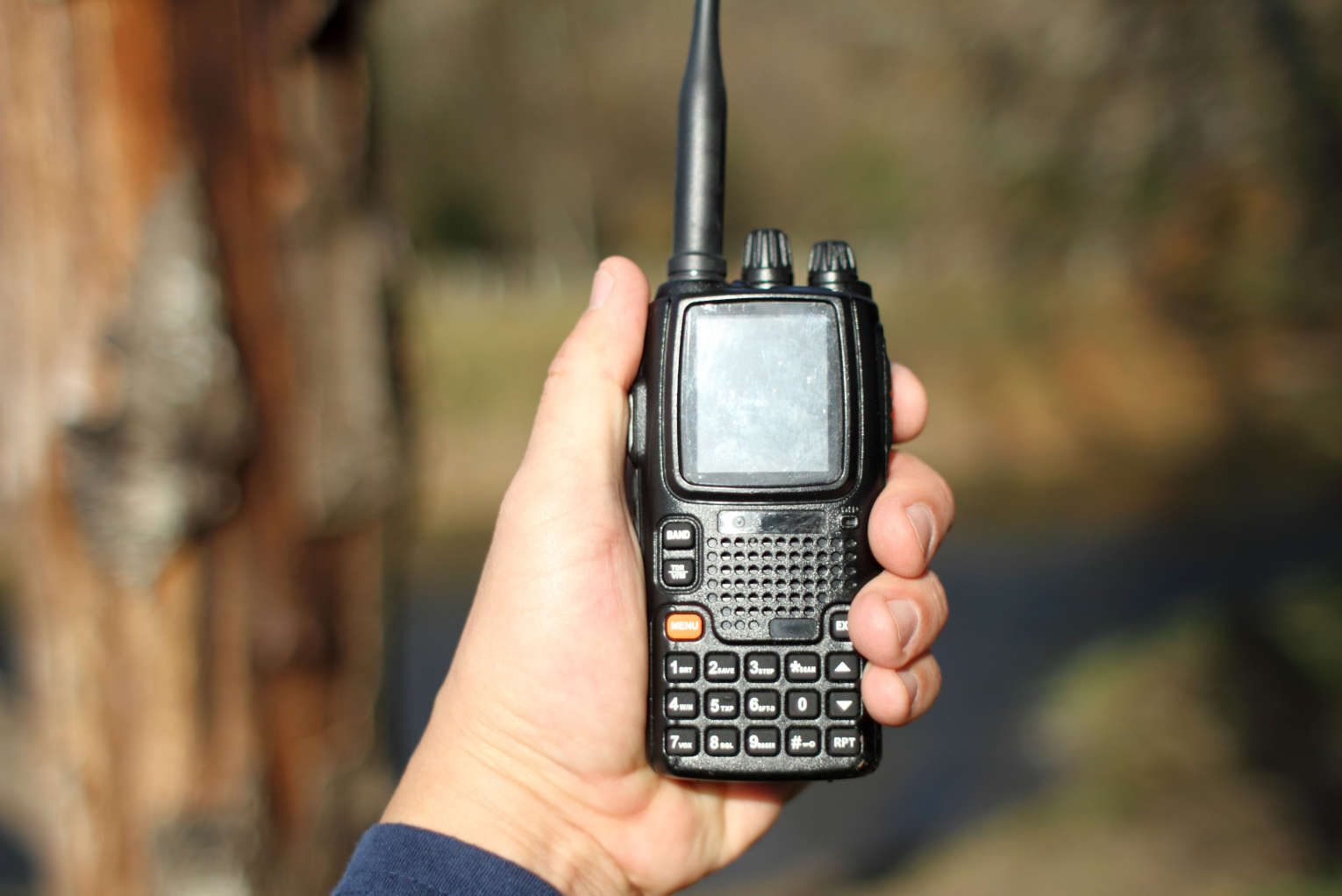Recent explosions of pagers and radios dealt a significant blow to Hezbollah, disabling 1,500 fighters due to injuries and disrupting the terror group’s operations. Many of the injured were blinded or lost their hands, while others carried older pager models unaffected by the blasts. Despite this setback, Hezbollah’s decentralized structure and robust tunnel networks in southern Lebanon ensure its resilience.
Weaponry and Redeployment
Hezbollah continues to prepare for extended conflict, redeploying fighters, including reinforcements from Syria, and moving rockets into southern Lebanon. Its arsenal of approximately 150,000 rockets includes Iranian, Russian, and Chinese models. Long-range ballistic missiles are stored in fortified underground facilities, making them difficult to destroy.
Pager Explosions and Israeli Involvement
Thousands of pagers exploded simultaneously, with Hezbollah members still receiving new devices hours before the blasts. Walkie-talkies detonated the following day, their batteries containing PETN, a highly explosive compound. These devices smuggled into Lebanon since 2022, had undergone routine security checks but evaded detection.
Sources revealed that Israel was behind the sabotage, embedding explosives in the pagers through a shell company set up 15 years ago. Hezbollah intensified its equipment sweeps and investigated supply chains but failed to complete the reviews before the explosions occurred.
According to security sources, Hezbollah was still handing new Gold Apollo-branded pagers to its members, hours before thousands of them blew up.
A day after the explosions of the pagers, hundreds of Hezbollah walkie-talkies exploded in Beirut.

Nasrallah and Iran Respond
Hezbollah leader Hassan Nasrallah called the attacks a “declaration of war,” accusing Israel of killing and injuring thousands, including women and children. While acknowledging the significant blow, Nasrallah insisted the group would recover and grow stronger.
Iran’s Revolutionary Guards Commander Hossein Salami pledged a “crushing response,” framing the sabotage as an act of desperation by Israel. He vowed retaliation, aligning with the broader “axis of resistance.”
![]()

